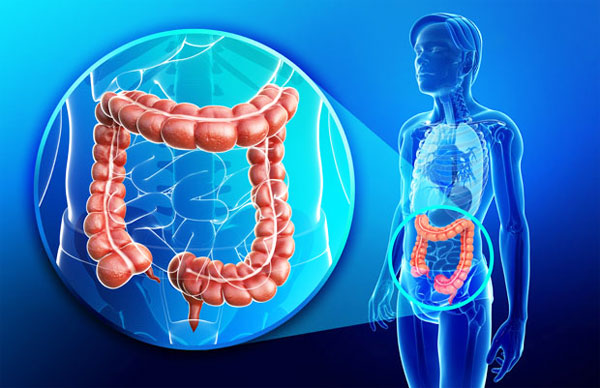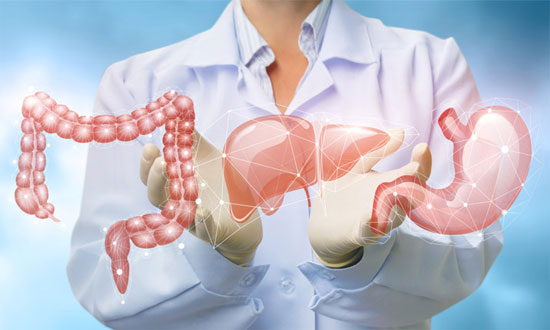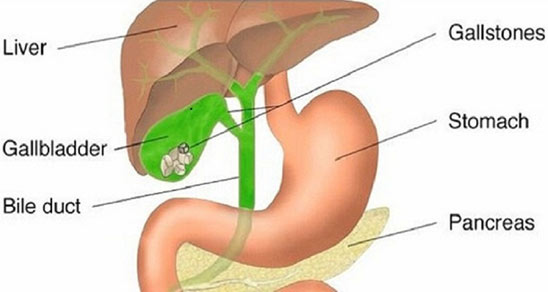
Gallstone is not an uncommon problem and with the availability of the ultrasonography the diagnosis is increasing, so does the number of gallbladder stone surgeries. Certain questions come to one’s mind when diagnosed with gallstones.
What are the symptoms of gallstones?
Typical symptoms of gallstones are pain in the right upper abdomen which radiates to back and may be associated with vomiting. The pain is typically aggravated by the fatty food intake. A minority of the patients present with symptoms of hyperacidity. Sometimes if the stone slips into the bile duct patient may have jaundice or acute pancreatitis.
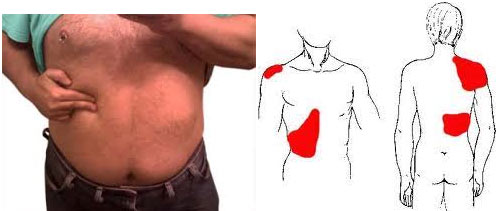
I have been diagnosed with gallbladder polyp when underwent ultrasound for gynaecological complaints, should I get surgery done?
Gallbladder polyps are to be operated if symptomatic, single polyp > 1cm size or increasing size on repeated ultrasounds. Follow up ultrasounds are to be done at 6 monthly intervals.
I got ultrasound for some other complaints and diagnosed with gallstones, should I get my gallbladder removed?
Approximately 60-70% of the people with gallstone will never develop any symptom for gallstones, hence surgery is not recommended for gallstone without symptoms. But do not delay surgery if symptoms develop (as mentioned above).
I had hyperacidity for long, my doctor got an ultrasound and gallstones were diagnosed, should I get operated?
Hyperacidity can be the symptom of gallstones. It is difficult be sure of that the symptom is due to gallstone or simple acidity. You should get surgery done while keeping in mind that there is a small chance of acidity not getting relieved. In such a case antacids will take care of the symptoms nicely.
I have gallstones, can gallbladder cancer develop in it?
There is no direct evidence linking gallstones with gallbladder cancer. ~97% of the gallbladder cancers have stones in it but on long term follow up <3% of gallstone patients will develop cancer. Single large stone > 3cm size is considered to be a risk but no concrete evidence is still available.
What is acute cholecystitis?
In simple term it can be defined as inflammation or infection of the gallbladder. Usually associated with gallstones but sometimes can occur without it (acalculuscholecystitis: such patients are usually sick).
When should I get operated with acute cholecystitis?
If it is uncomplicated cholecystitis and your surgeon is experienced enough, it can be operated within 2-3 days of attack of acute cholecystitis. But if the duration is longer from the day of attack of pain, it is preferable to wait for 4-6 weeks and then get operated (called as interval cholecystectomy).
I Had right upper abdominal pain and diagnosed to have gallstones which surgery should I prefer Laparoscopic(keyhole) or open?
Laparoscopic cholecystectomy is the procedure of choice for gallbladder removal, open surgery is reserved for cases in which either laparoscopy is not possible or there is suspicion of cancer.
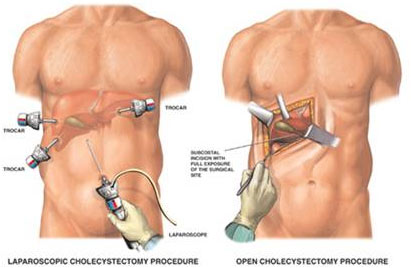
What can happen to me after gallbladder removal?
Laparoscopic cholecystectomy is a very safe procedure. The complications are very few. You will be able tolerate a normal diet after the procedure. Few patients may have increased frequency of stools initially which improves in the subsequent days. Surgical complications are rare most important being bile duct injury which occurs in <0.75% of total surgeries.
For more information on Gallbladder Stone Surgery In Delhi or gallstone surgery in delhi, please contact us on info@gastrodelhi.com.
You can also search:
HIPEC Surgeon in Delhi
Gastrointestinal Cancer surgery in Delhi
Colorectal Surgery in Delhi
Laparoscopic Esophageal Surgery in Delhi
Laparoscopic Pancreatic Surgery in Delhi
Laparoscopic Colorectal Surgery in Delhi
Laparoscopic Hepatobiliary Surgery in Delhi
GI Surgeon in Delhi
Stomach cancer treatment in Delhi
Gallbladder stone Surgery in Delhi
Robotic surgery in Delhi
Esophagus Surgery in Delhi
Laparoscopic Gastrointestinal Surgery in Delhi
Colorectal surgeon in Delhi
Pancreatic treatment in Delhi
Cancer surgeon in Delhi





